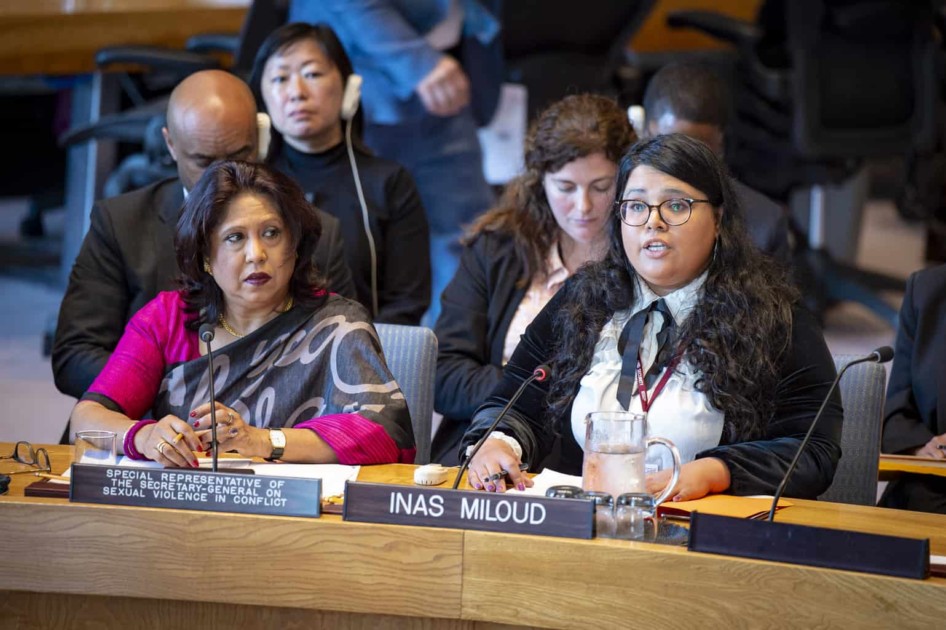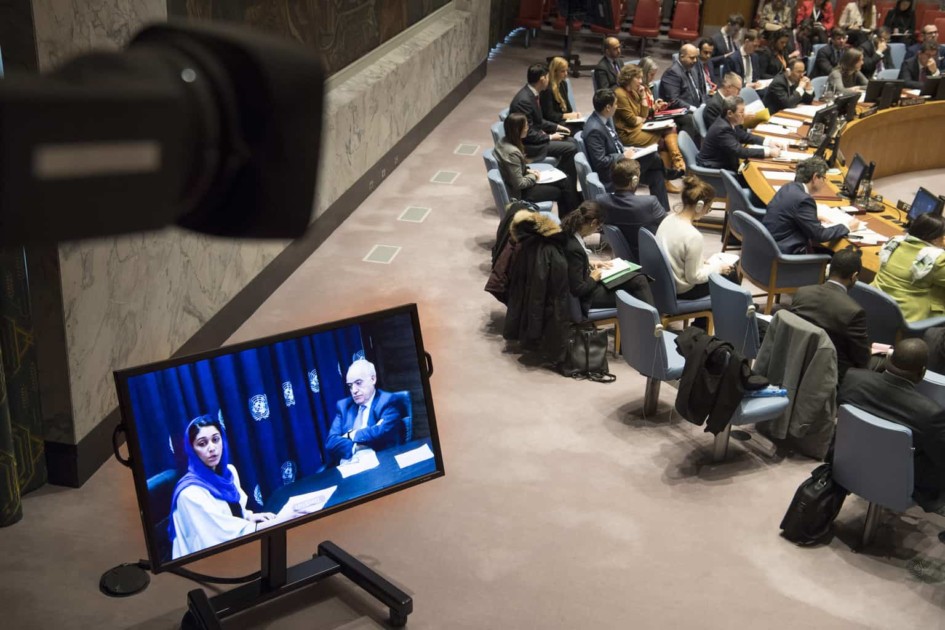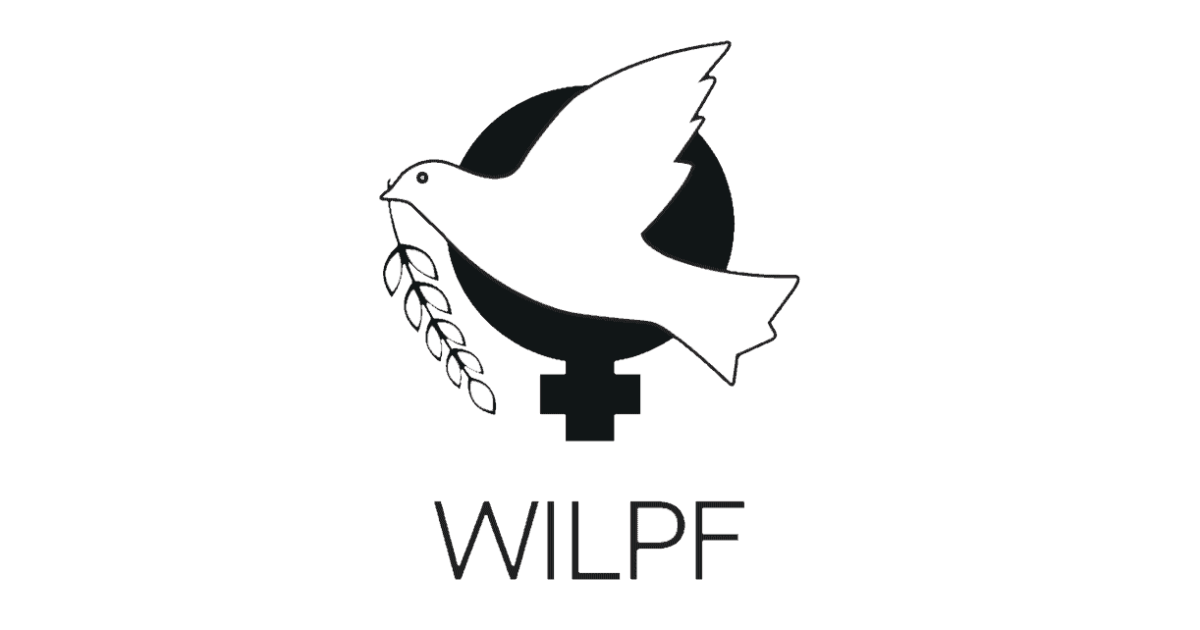Libya
Libya
Years after the deposition of dictator Moammar Gadhafi as part of the Arab Spring, Libya remains in a deteriorating security situation that is especially volatile for women. Sexual and gender-based violence during the war, including mass rape, has yet to be investigated, and women’s rights have continued to decline as different Islamic groups strive to curtail freedoms throughout the country. Violence against women remains common, but reporting remains low; like political and civic participation, reporting and activism by women remains deterred due to threats of violence or death.
Since 2011, Libya has passed new laws which discriminate against women, including the legalization of polygamy and quota reductions for women’s representation in Parliament. Although a party to the Convention on the Elimination of All Forms of Discrimination against Women (CEDAW), Libya does not have a National Action Plan per resolution 1325 (2000).
Due to the high rates of discrimination, exclusion and violence faced by women in Libya, the NGOWG advocates for the Security Council to continue supporting the United Nations Support Mission in Libya (UNSMIL) to include women as full and equal partners in supporting the transition of power to the Government of National Accord, which has struggled to establish legitimacy and control. Without the inclusion of women, the new government will face greater challenges to creating sustainable peace in Libya and continue exposing Libyan women to extreme risk of violence.
Current and Past Recommendations to the UN Security Council (Monthly Action Points)
In its renewal of the mandate of the UN Support Mission in Libya (UNSMIL), the Council should strengthen WPS-related provisions, in line with the recommendations of the independent strategic review (S/2021/716) by:
- Strengthening language related to women’s and young women’s meaningful participation and leadership, including by specifying that participation should be safe and inclusive of a diverse range of groups, and calling on UNSMIL to support the establishment of measures that ensure non-discrimination and equal rights to participate in political and public life, as well as ensuring candidates and voters are protected from reprisals, violence, coercion and intimidation.
- Emphasizing that security sector reform, disarmament, demobilization, and reintegration processes, rule of law efforts, elections, and governance institutions should be gender-responsive, human rights-based and attentive to the needs of youth affected by conflict, including by ensuring human rights vetting for members of armed groups in the process of security sector reform.
- Including a new mandate provision calling on UNSMIL to monitor and document violence targeting women in public life – including women human rights defenders, peacebuilders, and politicians – and take concrete steps to ensure their protection; follow-up with the Government to ensure investigation and prosecution of human rights violations; and include information and analysis in periodic reports of the Secretary-General.
Finally, the Security Council should express its support for the Independent Fact-Finding Mission on Libya as a step towards justice and accountability and act on its findings.
Relevant Resources









